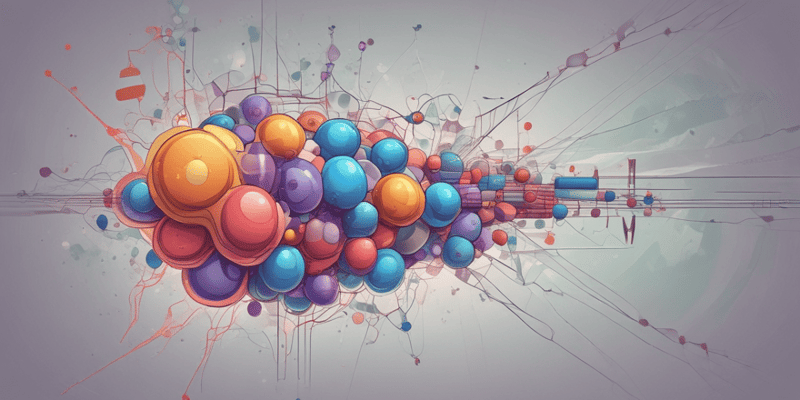Podcast
Questions and Answers
What does potency refer to in pharmacology?
What does potency refer to in pharmacology?
Potency refers to the concentration (EC 50) or dose (ED 50) of a drug required to produce 50% of that drug’s maximal effect.
What factors contribute to the potency of a drug?
What factors contribute to the potency of a drug?
The potency of a drug depends in part on the affinity (Kd-The concentration of drug that binds 50% of the receptors in the system) of receptors for binding the drug and in part on the efficiency with which drug-receptor interaction is coupled to response.
Why can some doses of drug A produce larger effects than any dose of drug B despite drug B being described as more pharmacologically potent?
Why can some doses of drug A produce larger effects than any dose of drug B despite drug B being described as more pharmacologically potent?
Some doses of drug A can produce larger effects than any dose of drug B, despite the fact that we describe drug B as pharmacologically more potent, because drug A has a larger maximal efficacy.
How does the potency of drug A compare to that of drug B in Figure 2–15?
How does the potency of drug A compare to that of drug B in Figure 2–15?
Signup and view all the answers
What is the importance of distinguishing between a drug’s potency and its efficacy in clinical use?
What is the importance of distinguishing between a drug’s potency and its efficacy in clinical use?
Signup and view all the answers



